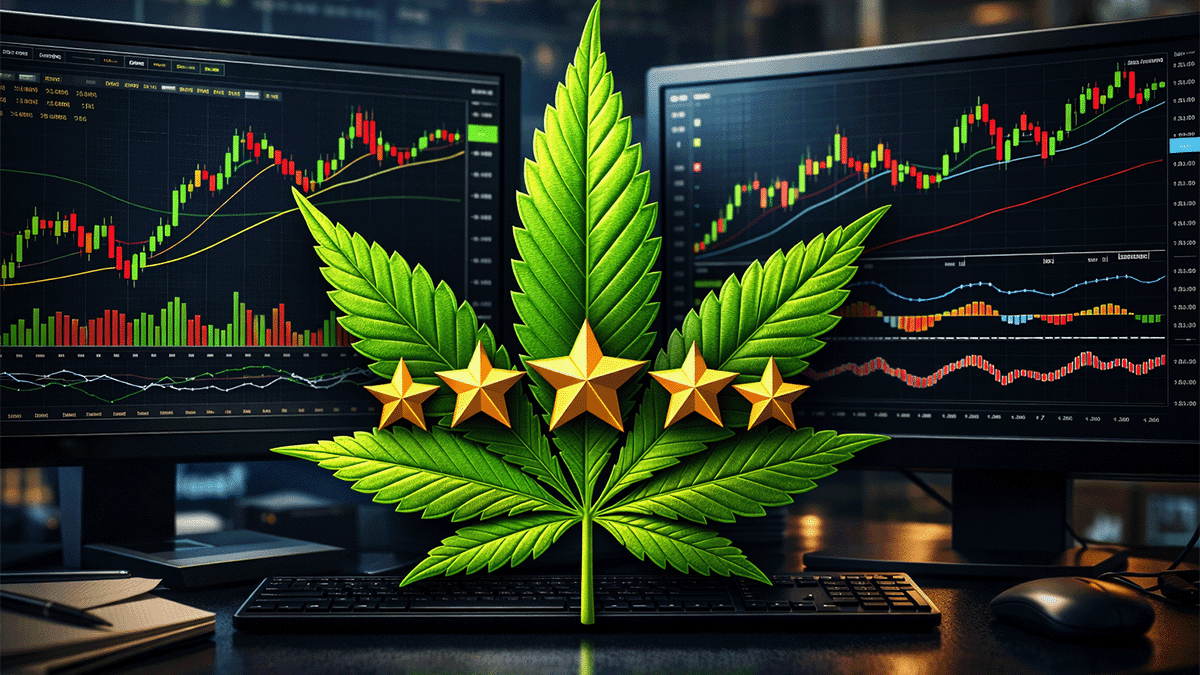For over a century, the Harrod family has put away a section of their farm solely for the purpose of growing tobacco. They had 20 acres to grow marijuana when Jane Harrod was a child while having an overall total of 400 acres that the family owned near Lexington, Ky. However, there were high revenues promised with about $1,000 per acre.
“Most all of us farmers raised some tobacco,” said Jane who is now 63. “Tobacco definitely put the clothes on our backs when we were kids.”
However, tobacco is not as reliable as it was in the past. Because of this, Harrod and many other families throughout the country are trying to revive a plant that had a strong run long ago: industrial hemp. Because hemp is derived from the same plant as marijuana, it is unlikely that it will grow as big as tobacco once was, generating billions of dollars, however, many families such as the Harrod family are willing to take a chance on this. There are high hopes for these crops to grow new vitality into the South’s family farms.
The efforts to bring hemp to the south, though, have not been met with friendliness from law enforcements. Law enforcement groups fear that hemp farms may actually be growing acres of marijuana, which would be extremely difficult to determine in the future. Most of The South has not approved of marijuana for either medical or recreational use, but it seems as if hemp is trying to make a comeback in states where tobacco was once the main cash crop.
Kentucky, South Carolina, Tennessee, Virginia and West Virginia are just a few of the twenty states who have implemented laws that allow for researchers and cultivators to bring the plant back into play. More recently, just last month, the North Carolina legislature approved a proposal to do so as well, which currently sits on the desk of the legislature.
The halt of federal subsidies for tobacco years back in 2004 along with the decreasing demand of smoking has gotten rid of the potential profit that was once there. For instance, the United States grew $1.8 billion worth of tobacco last year compared to $3.5 billion in 1981 according to the U.S. Department of Agriculture. Now, though, it looks like the profit has been leaning towards hemp.
“We used to believe in [hemp] so much,” stated Tennessee Representative Jeremy Faison, a Republican supporting the state’s bill to legalize hemp. “In the Southeast, you’re going to see it be a part of our future, just like it was a part of our past.”
MAPH Enterprises, LLC | (305) 414-0128 | 1501 Venera Ave, Coral Gables, FL 33146 | new@marijuanastocks.com










